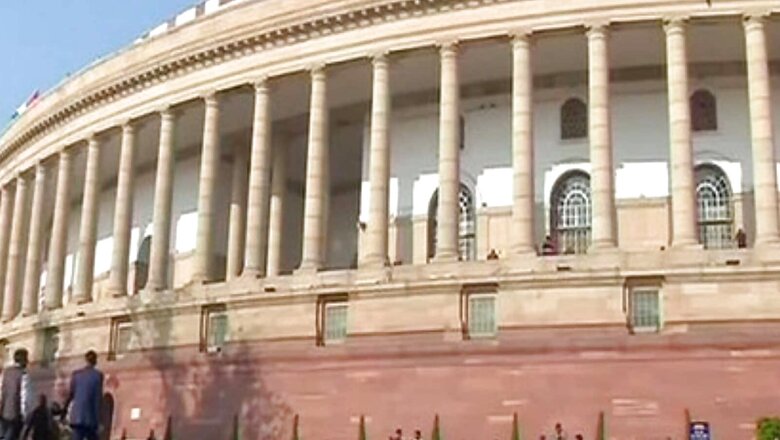
views
Parliament is the temple of democracy and parliamentary procedures the rites by which the will of the people is translated into practice. But the terms and jargon involved in Lok Sabha and Rajya Sabha processes can be difficult to grasp. The News18 series, House Talk, brings you a ready reckoner to make sure that none of it is Greek to you.
Once voted to office, the executive, that is, the Union government, has a wide range of powers available to itself to perform its task of running the country’s affairs and pushing its legislative agenda. However, immunity from scrutiny is not one of them, thanks to the Opposition, and the parliamentary procedures that empower it to hold the government to account. Two key avenues in that respect are the ‘Question Hour’ and ‘Zero Hour’.
When Does The Question Hour Begin?
There is substantial legislative business that each session of Parliament looks to get done and the time is precious. That said, the importance of the ‘Question Hour’ can be gauged from the fact that the time earmarked for it is the first 60 minutes after a House begins its meeting for the day.
“Asking of questions is an inherent and unfettered parliamentary right of members. It is during the Question Hour that the members can ask questions on every aspect of administration and governmental activity,” says the Lok Sabha (LS) Secretariat, adding that, “it has a special significance in the proceedings of the Parliament”.
Now, the sitting of the House, “unless the Speaker otherwise directs” normally begins at 1100 hours, which means that the Question Hour commences at 11 am and lasts till 12 noon.
But the Question Hour in Rajya Sabha does not coincide with that in Lok Sabha. According to the its Rules of Procedure and Conduct of Business, the Upper House holds its Question Hour from 12 noon to 1 pm. PRS Legislative Research says what while it was initially held at 11 am in Rajya Sabha, too, the timing was changed by the then Vice President, and Chairman of the Upper House, Hamid Ansari in 2014.
ALSO READ: Why ‘Adjourn’ Is A Word You May Hear Often When Parliament Meets
How Is A Question Listed For Being Taken Up In the Question Hour?
According to the rules of parliamentary procedure, for both the Lok Sabha and Rajya Sabha, at least 15 days’ advance notice has to be given for listing a query to be answered during the Question Hour. This notice has to be given in writing to the Secretary-General of the House concerned and shall indicate “the Minister to whom it is addressed; and the date on which the question is proposed to be placed on the list of questions for answers”.
Why Does Question Hour Get So Much Attention?
The LS Secretariat says that it is the questions posed during this period that “bring to the notice of the ministers many loopholes which otherwise would have gone unnoticed”.
Chakshu Roy of PRS Legislative Research says that the “Question Hour is the liveliest hour in Parliament… (and has) exposed financial irregularities and brought data and information regarding government functioning to the public domain”. The LS Secretariat adds that “questions may lead to the appointment of a Commission, a Court of Enquiry or even Legislation when matters raised by members are grave enough to agitate the public mind and are of wide public importance”.
What Is The ‘Zero Hour’?
This is a unique creation of the Indian Parliament and, further, is accepted as a convention as it does not exist in parliamentary rule books.
The LS Secretariat says that the period immediately following the Question Hour has come to be popularly known as the ‘Zero Hour’. It is supposed to represent the period ahead of lunch — for which the House breaks for one hour at 1 pm — and before the House turns to the tabling of papers and the listed business for the day following the lunch break.
Why Is It Called ‘Zero Hour’?
The LS Secretariat says that since it starts around 12 noon, this period is “euphemistically termed as ‘Zero Hour'”. The Rajya Sabha Secretariat adds that since it covers the period before any listed buisness is taken up that was “the plausible reasoning behind the usage of the expression Zero Hour by the media”. It also says that since it begins at 12 noon it is “nicknamed as zero Hour”, although 0000 hours is really 12 midnight.
How Did ‘Zero Hour’ Start?
The RS Secretariat says that it was to the sixties that this convention can trace its roots. As Members of Parliament capitalised on the time immediately following the Question Hour to raise issues of great public importance and urgency “sometimes with prior permission of the Chairman or some other times without such permission”, the practice began to take shape.
When objections were raised over the taking up of matters outside of the rule book, as was done during the Zero Hour, the RS Secretariat says that it was pointed out that “the ‘Zero Hour’ has been a convention in this House from the days of Dr (Sarvepalli) Radhakrishnan (first Vice President of India). People have been permitted to raise questions during this Hour and it goes on in both the Houses”.
How Are Matters Raised During The Zero Hour?
It is discretion of the Speaker “to allow or not to allow” the raising of matters in the Lok Sabha, especially given that it is not formally recognised as part of the parliamentary procedure and exists only by way of convention.
In Lok Sabha, for raising matters during ‘Zero Hour’, members have to give notice between 8.30 am and 9 am on that day to the Speaker “stating clearly the subject which they consider to be important and wish to raise in the House”. The LS Secretariat says that “20 matters per day as per their priority in the ballot are allowed to be raised during ‘Zero Hour'” with the order to be decided by the Speaker.
There are two phases: “In the first phase, five matters of urgent national and international importance, as decided by the Chair, are taken up after Question Hour and laying of papers, etc. In the second phase, the remaining admitted matters of urgent public importance are taken up after 6 pm or at the end of the regular business of the House.”
As to the Rajya Sabha, the rules state that Zero Hour submission should not exceed beyond 30 minutes, and that the total number of submissions “should not exceed seven per day”. Further, Zero Hour submission “should be completed before the House adjourns for lunch at 1 pm”.
But the ‘Handbook for Members of Rajya Sabha’ says that since May 1999, permission for Zero Hour submissions in the Upper House “is very rare, because whatever is said in the Zero Hour goes almost unnoticed and there is no mechanism available to ensure government’s response to the matters raised”. Thus, it is now “only under very exceptional circumstances or extreme urgency that the Chairman grants permission for raising a matter of urgent public importance by way of Zero Hour submission”.











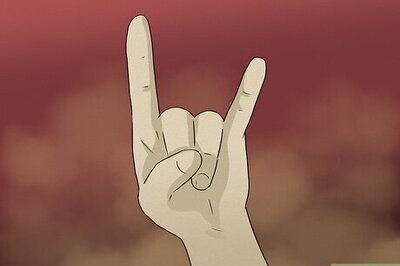

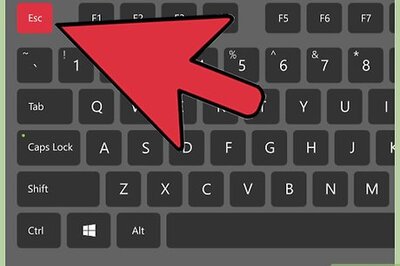
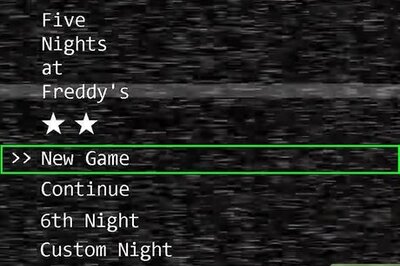
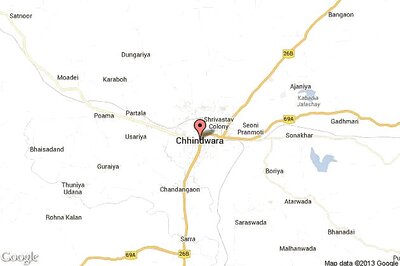
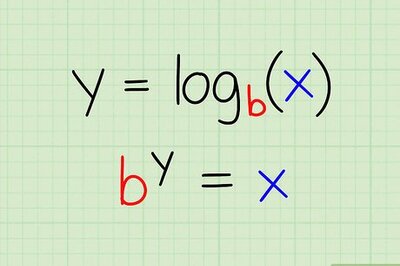
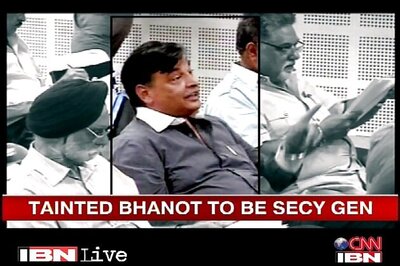

Comments
0 comment